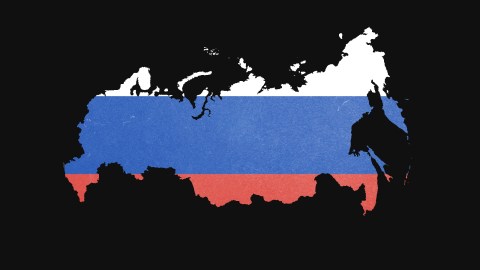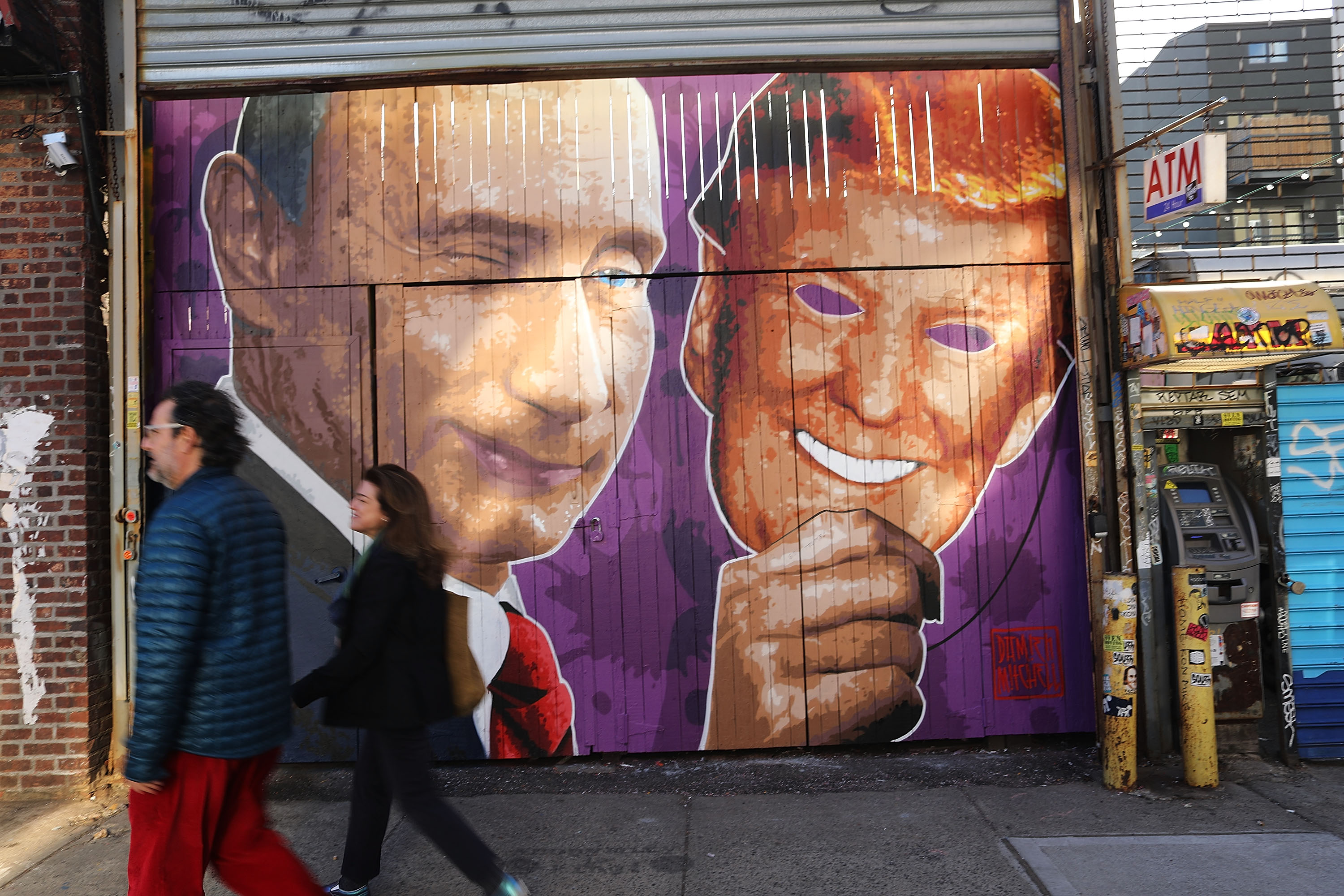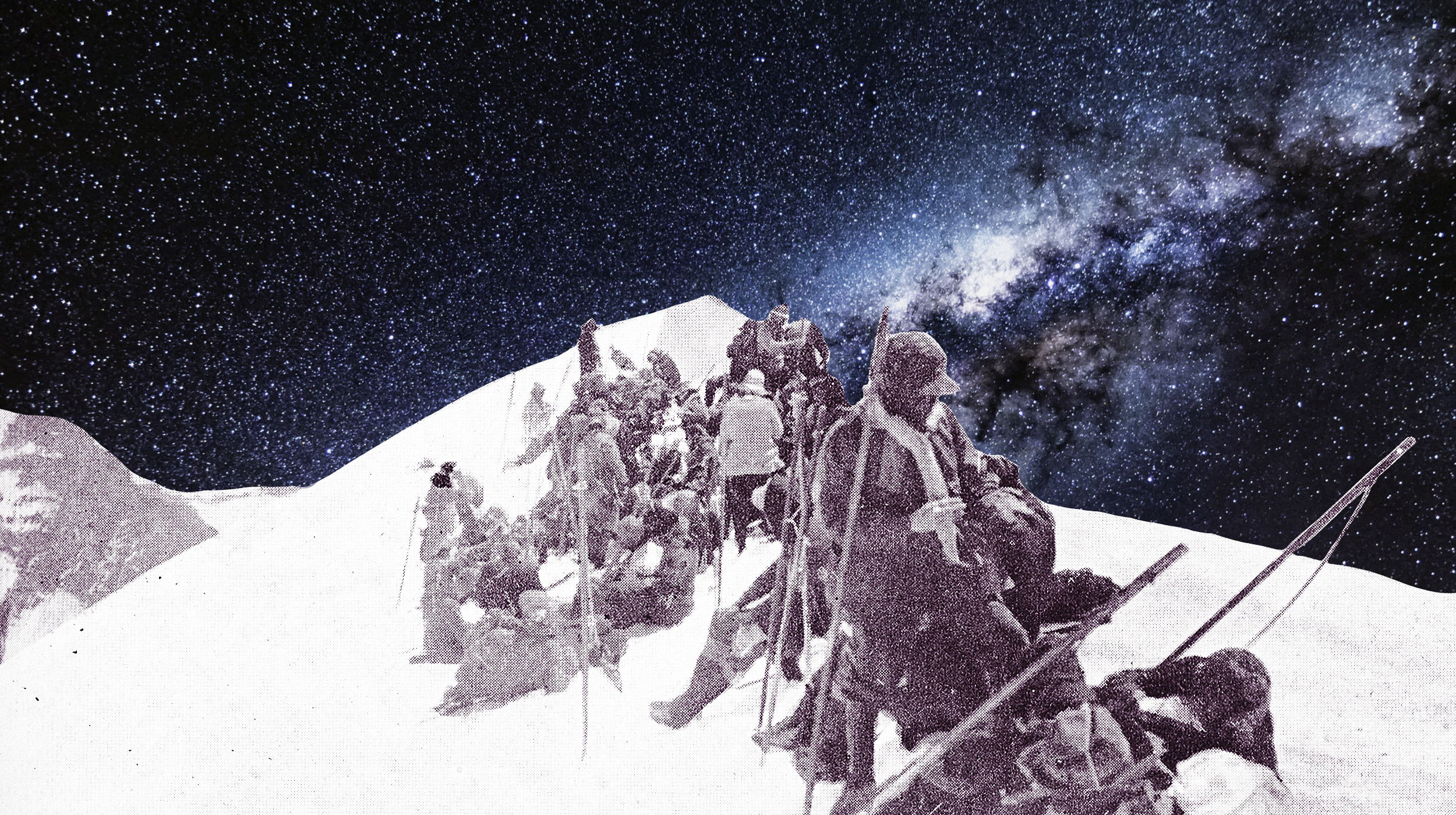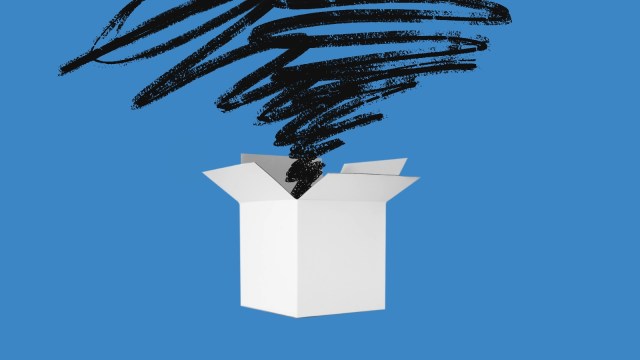Why Russia sees itself as much more than just a nation

- All nations have founding myths that provide citizens a framework with which to understand their place in the world and history.
- For many Russians, the nation’s founding myth frames Russia as chosen by God or History to bring enlightenment to a benighted world.
- But their passionate sense of Russia’s greatness is paradoxically undermined by an underlying and corrosive pessimism.
The following is an excerpt from Russia: Myths and Realities, written by Rodric Braithwaite and published by Pegasus Books.
Prologue
NATION, MYTH, HISTORY
Russia is a country with an unpredictable past. — Popular Russian saying
Everyone has a national narrative, constructed from fact, fact misremembered and myth. People tell themselves stories about their past to give some meaning to the confusions of their present. They rewrite their stories from generation to generation to adapt them to new realities. They omit, forget or wholly reinvent episodes that are uncomfortable or disgraceful.
These stories have deep roots. They feed our patriotism. They help us understand who we are, where we come from, where we belong. Our rulers believe them no less than we do. They hold us together in a ‘Nation’ and inspire us to sacrifice our lives in its name.
The British have their ‘Island Story’ of undeviating progress from Magna Carta towards power, freedom and democracy, punctuated by shining victories over the French: Winston Churchill wrote it up in his grandiloquent A History of the English-Speaking Peoples. The English acquired, exploited and then lost three empires in 600 years. The descendants of their imperial subjects think of them as greedy, brutal, devious and hypocritical. That is not at all how they think of themselves.
But the ‘Nation’ is a slippery thing. Nations are like amoebas. They emerge from the depths of history. They wriggle around. They split by binary fission, recombine in different configurations, absorb their neighbours or are absorbed by them, and then disappear. War, politics, dynastic marriage, popular referendums shift provinces from one side of a frontier to the other. Ordinary people can be born in one country, grow up in another and die in a third, all without leaving their home town. Ask a Frenchman who was born in Alsace-Lorraine in 1869. Ask an Austrian Jew who was born on the border of Slovakia and Hungary in 1917. Ask a Pole who was born before the Second World War in what is now the Ukrainian city of Lviv, which since its foundation as Levhorod in the thirteenth century has been known to its Polish, Austrian, German and Russian rulers as Lwów, Lemberg and Lvov.
Few of the states in today’s Europe existed before the First World War. When Columbus discovered America, Germany, Italy, Russia and even France and Britain were still fragmented and the Polish-Lithuanian Union was on the way to becoming the largest state in Europe.
The idea of ‘Europe’ is itself largely an artificial construction, an attempt to bring under one roof a collection of countries at the western end of the Euro-Asian land mass, each very different from the others, ranging from Iceland to Romania, from Norway to Greece, from Spain to Estonia, loosely bound together by a tradition of Christianity and a murderous record of domestic persecution, bloody rebellion and violent religious conflict at home, endless war for power and loot, genocide, slavery and imperial brutality abroad.
By those depressing standards Russians have as good a claim to be European as anyone else. Partly because of its huge extent eastwards into Asia, both Russians and foreigners nevertheless wonder whether Russia is part of Europe at all. Many of their immediate neighbours consider them Asiatic barbarians, and point angrily to the sufferings that the Russians have inflicted on them over the centuries. Napoleon was right, they think, when he allegedly said, ‘Scratch a Russian and you’ll find a Tartar.’ More than a thousand years ago a people arose on the territory of today’s Russia whose origins are disputed. They adopted the Orthodox version of Christianity from Byzantium, thus irrevocably distinguishing themselves from those elsewhere in Europe who chose Roman Catholicism. They developed their own Slavonic language. They created ‘Kievan Rus’, which for a while was the largest and one of the most sophisticated, if also one of the most ramshackle, states in Europe. It is from here that today’s Russians, Ukrainians and Belarusians trace their origins.
But Kievan Rus was invaded and destroyed in the thirteenth century by the Mongols. Its splintered fragments were reassembled over the following centuries under the name of Muscovy by the hitherto insignificant northern city of Moscow. The new state was struck down by internal strife, economic disaster and Polish invasion. It recovered, and Peter the Great and his successors transformed it into an imperial Great Power, a dominant force in European politics. In the nineteenth century Russia helped to define the nature of modern European culture.
Russia’s existence was again seriously challenged by Napoleon, by the Germans and as a result of the wounds the Russians inflicted on themselves in the twentieth century. Stalin put Russia back on the map, transformed the economy and won the war against Germany, all at a horrendous human cost. Then in 1991 the empire flew apart. Russia collapsed again into poverty, incoherence and international irrelevance. For many Russians it was Vladimir Putin, whom they elected president in 2000, who saved them from unbearable humiliation and restored Russia to something like its rightful place in the world.
Edward Gibbon said that ‘History is little more than the register of the crimes, follies and misfortunes of mankind.’ Russians, like the rest of us, prefer to believe that their history has progressed in a straight and positive line. They explain away troubling events – such as the brutal reigns of Ivan the Terrible or Stalin – as necessary stages on the path to greatness.
The Russians are fascinating, ingenious, creative, sentimental, warm-hearted, generous, obstinately courageous, endlessly tough, often devious, brutal and ruthless. Ordinary Russians firmly believe that they are warmer-hearted than others, more loyal to their friends, more willing to sacrifice themselves for the common good, more devoted to the fundamental truths of life. They give the credit to the Russian soul, as broad and all-embracing as the Russian land itself. Their passionate sense of Russia’s greatness is paradoxically undermined by an underlying and corrosive pessimism. And it is tempered by resentment that their country is insufficiently understood and respected by foreigners.
Russian reality is coloured by the disconcerting and deeply rooted phenomenon of ‘vranyo’. This is akin to the Irish ‘blarney’, but lacks the overtone of roguish charm. Individuals, officials, governments tell lies if they believe it serves their interests, or those of their bosses, their organization or the state. They were doing it in the sixteenth century, when English traders advised their colleagues to deal with Russians only in writing, ‘For they bee subtill people, and do not alwaies speake the trueth, and think other men to be like themselves.’ They are doing it today. They are little concerned if their interlocutor is aware that they are lying, though that does not stop Russian governments from punishing those who challenge their veracity. Ordinary Russians may find it easier to believe what their government says. But there are limits. Disgust with the entangling lie drives many of the characters in Dostoevsky’s novels to extravagant confession. The systematic mendacity of Soviet officials and ideologists was a constant theme of dissident writers such as Alexander Solzhenistyn.
As repugnance grew among ordinary people too, it helped to bring down the Soviet regime.
Churchill remarked that Russia is a riddle wrapped in a mystery inside an enigma. That has become an excuse for intellectual laziness. But understanding Russia is a challenge, and you have to start by trying to disentangle the facts from the myths created both by the Russians themselves and by those who dislike them. The Encyclopædia Britannica described Russia in 1782 as a ‘very large and powerful kingdom of Europe, governed by a complete despotism and inhabited by vicious and drunken savages’. The Marquis de Custine, a French reactionary deeply at odds with his own society, visited Russia briefly in 1839. The book he wrote, La Russie en 1839, was highly intelligent, perceptive, witty, biased and profoundly superficial. He saw little of Russian society apart from the aristocracy, who he concluded had just enough of the gloss of European civilization to be ‘spoiled as savages’ but not enough to become cultivated. They were like ‘trained bears who made you long for the wild ones’. Custine’s book was compulsory reading in the US embassy in Moscow in the 1960s. It reflects the attitudes of many foreign observers today. It is not the best starting point for any attempt to understand the country.
Some argue that there was never anything as coherent as a Russian national state. Most Russians, though, seem to have little doubt. Whatever is meant by a ‘nation’, they believe that theirs is exceptional, chosen by God or History to bring enlightenment to a benighted world. This Messianic sense of mission was born out of Orthodoxy in medieval Muscovy and has survived ever since. It was promoted by Dostoevsky and a host of others in the nineteenth century. In the twentieth century the Bolsheviks shared the sense of mission, although for them God was replaced by History working its way through the instrument of Communism. But their Brave New World began to look suspiciously like the old Russian empire under another name.
Russians and those who wish them well can be forgiven for despairing at the disasters they so regularly inflict on others and on themselves. After the Soviet collapse they returned to the idea that modern Russia had an exclusive claim to the inheritance of the Orthodox state of Kievan Rus. Vladimir Putin was consumed by the idea that ‘our great common misfortune and tragedy’ was the division since 1991 between Russia and Ukraine, between the parts of what he called ‘essentially the same historical and spiritual space’. The obsession fueled his invasion of Ukraine in February 2022.
*
A fascination with Russia and its people has occupied me for much of my life. I was there as the Soviet Union collapsed. That colours some of the judgements that follow in this short and, I hope, measured history.
Even before the Berlin Wall came down it seemed as if Ukraine’s desire for independence might trigger the disintegration of the Soviet Union. By the early 1990s neither a war between Russia and Ukraine nor the possibility that the Russian democratic experiment would fail as disastrously as Germany’s Weimar Republic seemed beyond imagination.
Some of my other judgements were sadly wrong. Russia has not yet lost its imperial itch. Putin’s brutal invasion of Ukraine has postponed for many decades the prospect that Russia will become the modern democratic state at peace with its neighbors which so many courageous Russians had fought so hard to create.
But no people should ever be written off as beyond redemption. I hang on to the golden image of the Firebird, which flits through the dark forests of Russian folklore to symbolize the hope that Russia will see better days.





